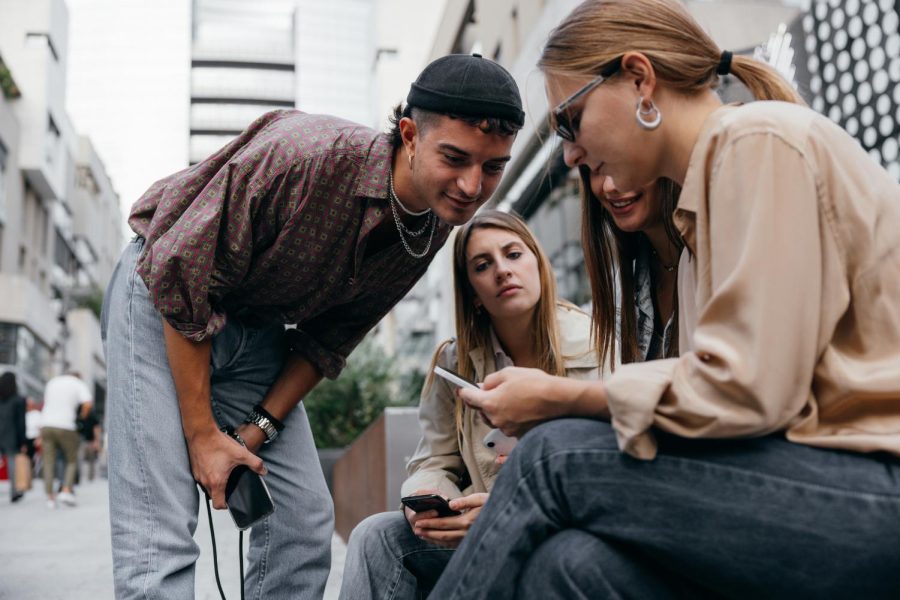Poll: How large of a role does social media play in your life?
Social media has become a defining feature of our culture and developed beyond simply sharing photos and memories.
In consideration of National Suicide Prevention Week ending Sept. 10, it is important to examine the effects that our routine and daily habits have on our mental well-being. Impulsive social media usage is a large part of many people’s routines, but the connection between being chronically online and deteriorating mental health in young adults suggests that we need to control those habits to lead a happier life.
In a time where one in five U.S. adults are reported to suffer from a mental health condition, as reported by the National Institute of Mental Health, many people spend hours a day mindlessly scrolling through Instagram feeds or tapping through Snapchat story after story without considering how those habits are contributing to their development of mental illnesses or exacerbating issues that are already there.
According to Dr. Anne Marie M. Albano of the Columbia University Department of Psychiatry:
“There are youth, especially those with social anxiety or depression, who may have a tendency to spend more time online and reduce their real, face-to-face contact with other folks. When an individual is not engaging in the world in a healthy way — interacting with others, managing themselves in challenging situations, whether it’s in classes or speaking up in class, going on interviews, dealing with conflict with peers — and instead increase their online presence, this can exacerbate their feelings of alienation, hopelessness, isolation, anxiety, and depression.”
The hyper-fixated use of social media apps that’s normalized today drives a mindset to compare ourselves and our lives to others’—even if those scrutinizations are comparing apples to oranges. It is used so heavily for escapism to the point that so many people try to drown out their miseries by scrolling for hours or posting something entirely fabricated instead of getting to the root of why they feel that way.
The Journal of Social and Clinical Psychology found in a study conducted of 143 undergraduate students that limiting their social media use amongst Facebook, Instagram and Snapchat to 30 minutes a day resulted in “significant reductions in loneliness and depression” over the three week experiment. Including the control group, students in the experiment reported a decrease in “FOMO (fear of missing out)” and anxiety, likely as a result of the “increased self-monitoring.”
In fairness, social media is still a defining feature of our culture and has developed beyond simply sharing photos and memories. It is how people relate to one another, form relationships, and maintain connections with people where it once was impossible to do so. For that, it is worth considering controlling your usage and setting boundaries with yourself about how you are using those apps to find a middle ground that works for you.















